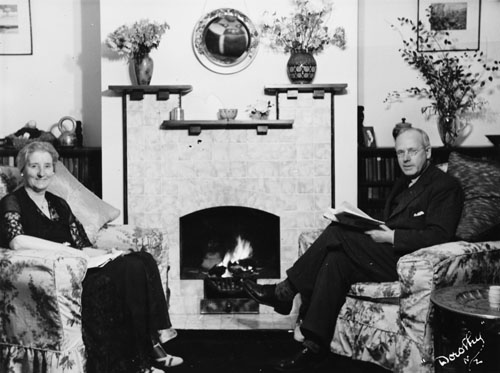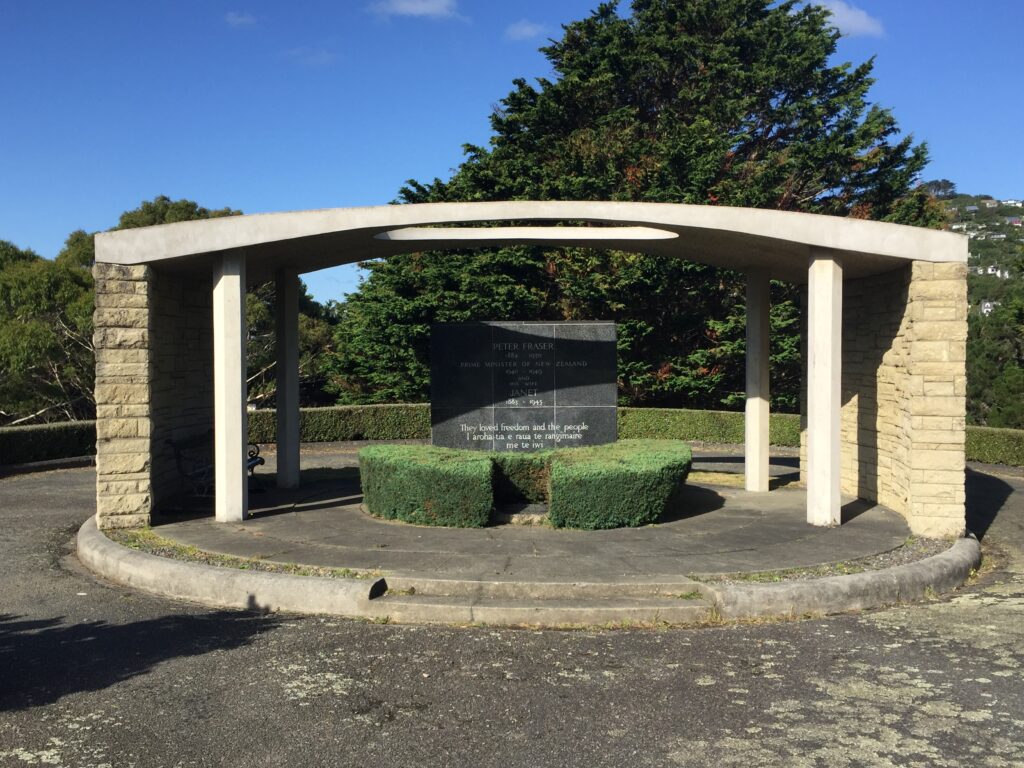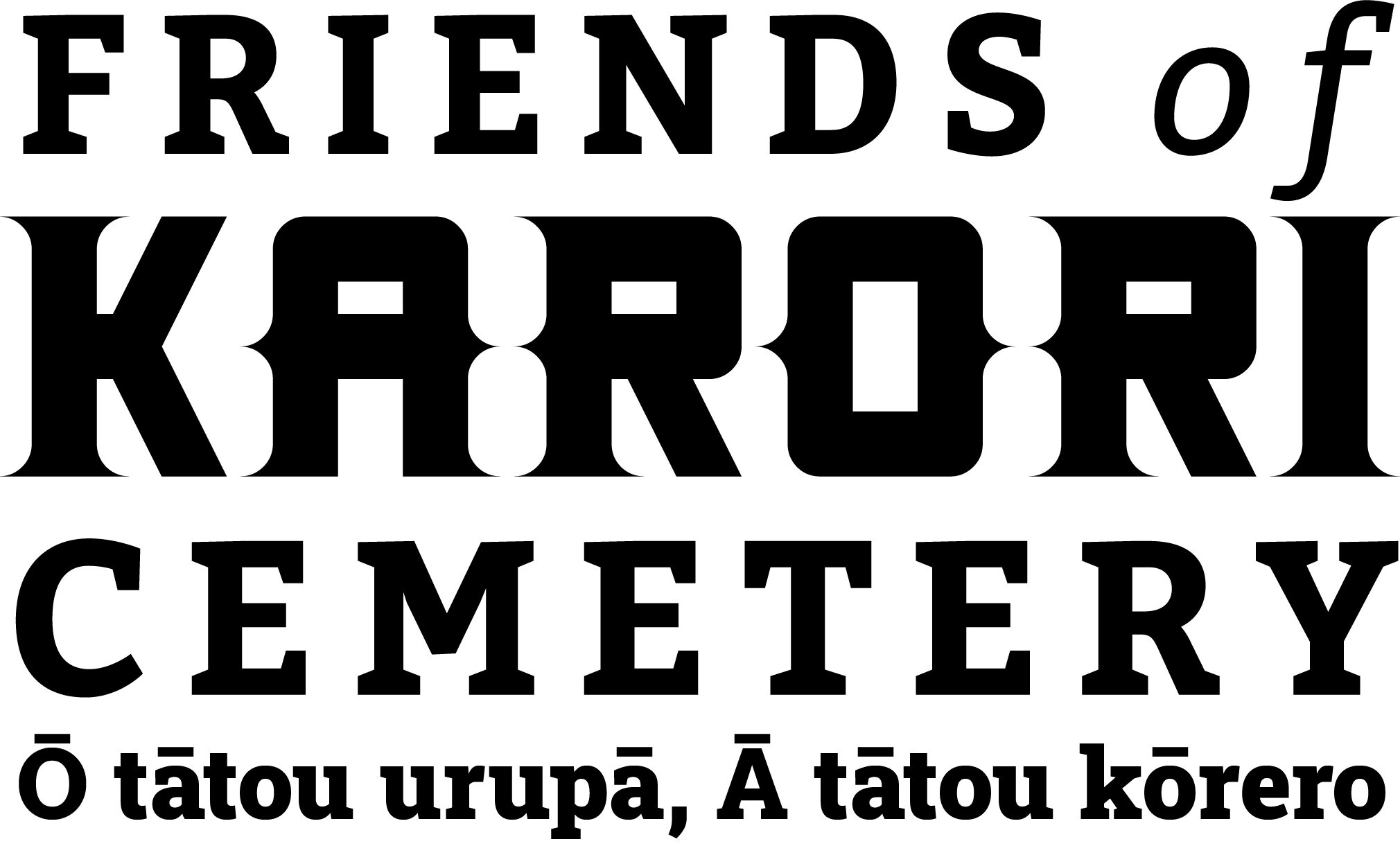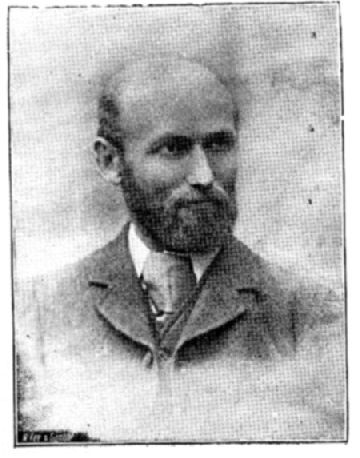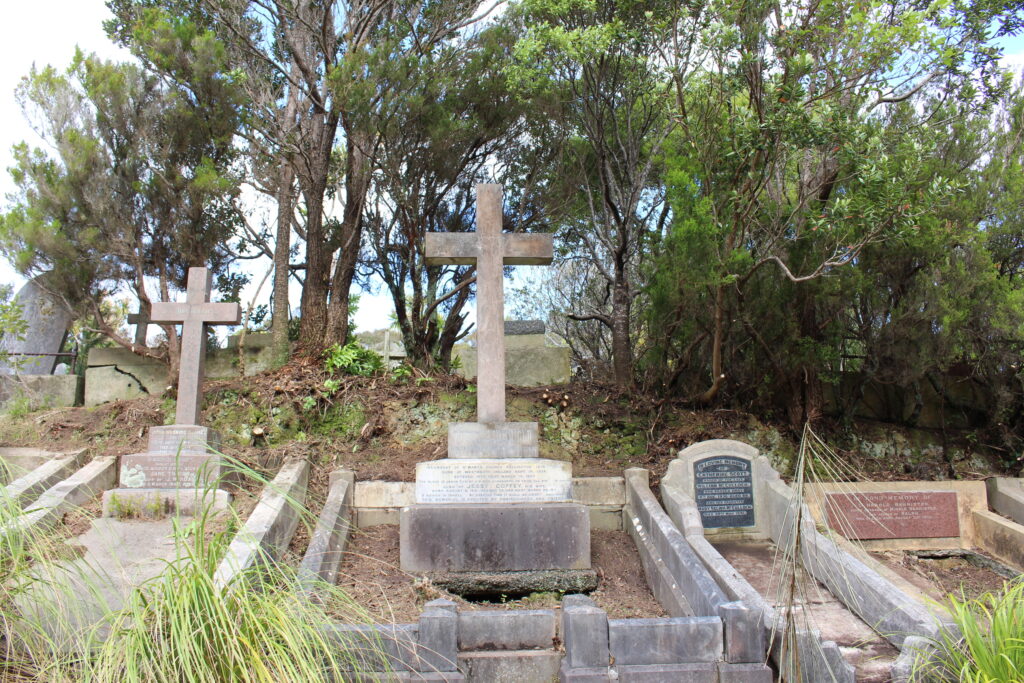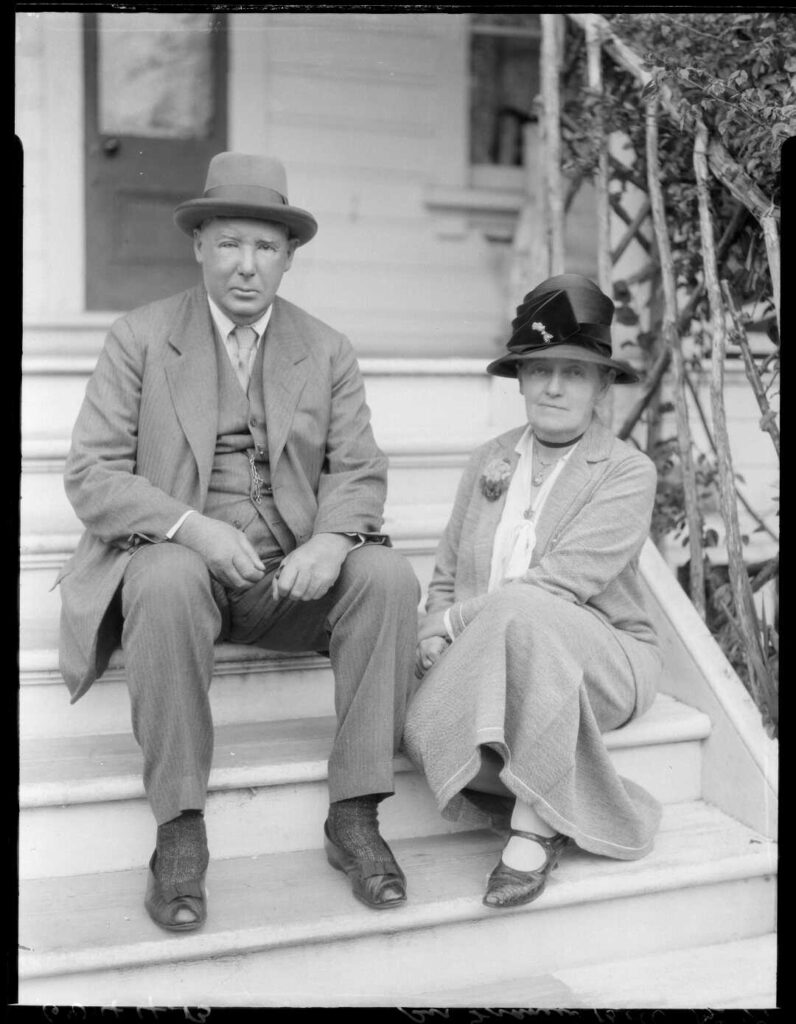Peter Fraser was born in 1884 in the far north Scottish Highlands. He left school early and worked to help support his family, but unemployment forced him to go to London. In 1910 further unemployment led him to come to NZ. He found work on the Auckland wharves and became active in union politics.
In 1916 he became involved in the establishment of the Labour Party. He spent a year in jail for sedition after speaking out against conscription during the First World Was. In 1918 he was elected as member for Wellington Central and immersed himself in politics. In 1935 the first Labour Government lead by Savage was elected with a large majority, and Fraser became a senior Cabinet Minister. He famously introduced universal secondary schooling, free maternity care, free pharmaceuticals, and subsidised doctor’s visits.
In 1940 he became the Leader of the Labour Party and Prime Minister. He actively participated in the Allied conduct of the Second World War and became a close confidant of both Churchill and Roosevelt. After the war he played a key role in the setting up of the United Nations.
Peter Fraser was aloof, highly intelligent, read extensively, and worked 18 hours a day every day. His closest friend was his wife Janet. She died in 1945 and this seems to have taken the energy out of him. Labour lost the 1949 election and he died soon after in 1950 at age 66.
His biographer, historian Dr Michael Bassett, rates him as the most able and best Prime Minister NZ had in the 20th century. A small poster with the words ‘Tomorrow comes the song’, the title of Bassetts book, sat on his desk.
